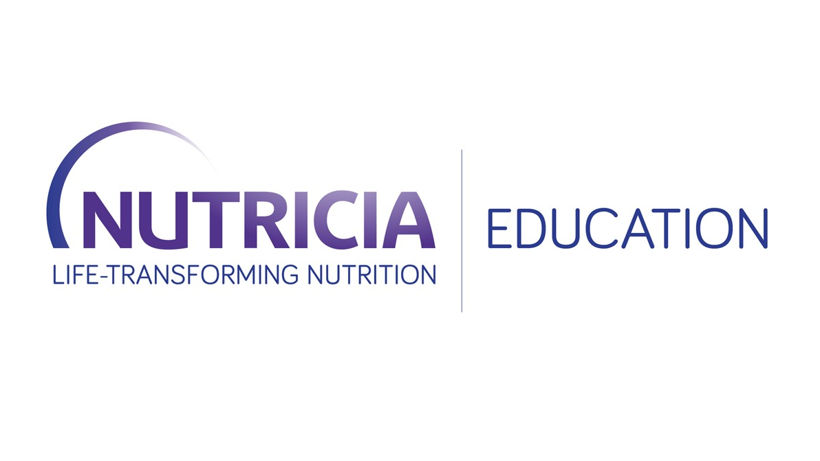NUTRICIA EDUCATION
Explore this page for the latest news and webinars from leading medical congresses and events.
Additionally find here science-led global and local educational platforms. All to stay up-to-date with the latest advances in medical nutrition.



